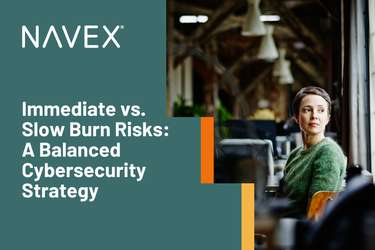Considering an assessment of your ethics and compliance efforts? The question is not if but when. In the ever-changing world of business, when are you going to ensure that your compliance program is keeping pace with the evolving landscape of risk?
Beyond avoiding the fire and brimstone of non-compliance, a regular program assessment gives an organization the ability to demonstrate its effectiveness to important constituents such as the board of directors or regulators. Highlighting your program’s strength is always an upside; identifying program weaknesses – along with appropriate corrective actions – is equally important. A quality assessment can do both.
Where to start when you have a moving target?
A robust quality assessment helps you understand the impact your current ethics and compliance program has on employees and the overall corporate culture.
A comprehensive ethics and compliance program is really an ecosystem of moving parts. New laws and regulations, new lines of business, new geographies, mergers, and acquisitions become part of a growing enterprise the compliance ecosystem must support. This requires those in charge of the system to revisit risk and priorities and make necessary program adjustments. A third party review, particularly during time of high-velocity change like a merger, helps ensure that your compliance program stays ahead of risks, employs best practices and does its job protecting your business.
Along with assessing for external factors, a robust program must account for an important, and volatile, internal variable – human behavior. Even with strong policies and compliance procedures in place, employee behavior presents the highest risk. It is difficult to know if your efforts are truly changing behavior, fostering ethical practices and reducing risk without assessing effectiveness at the individual employee level. A robust quality assessment helps you understand the impact your current ethics and compliance program has on employees and the overall corporate culture.
In short, you have to ask them if the program is working: “What would you do if you saw someone in our organization break the law?” Or, “Do you think our leaders are committed to our organizational values?” Getting answers to these types of questions are natural results of a quality assessment as well as critical information for understanding cultural gaps, and providing a roadmap for ways to mitigate the compliance risks of both process and behavior.
The ethics and compliance landscape never stands still, and neither should you. Stay ahead of risk by assessing your program today.
Is it time to assess your program? Request a consultation with our Advisory Services Team.






